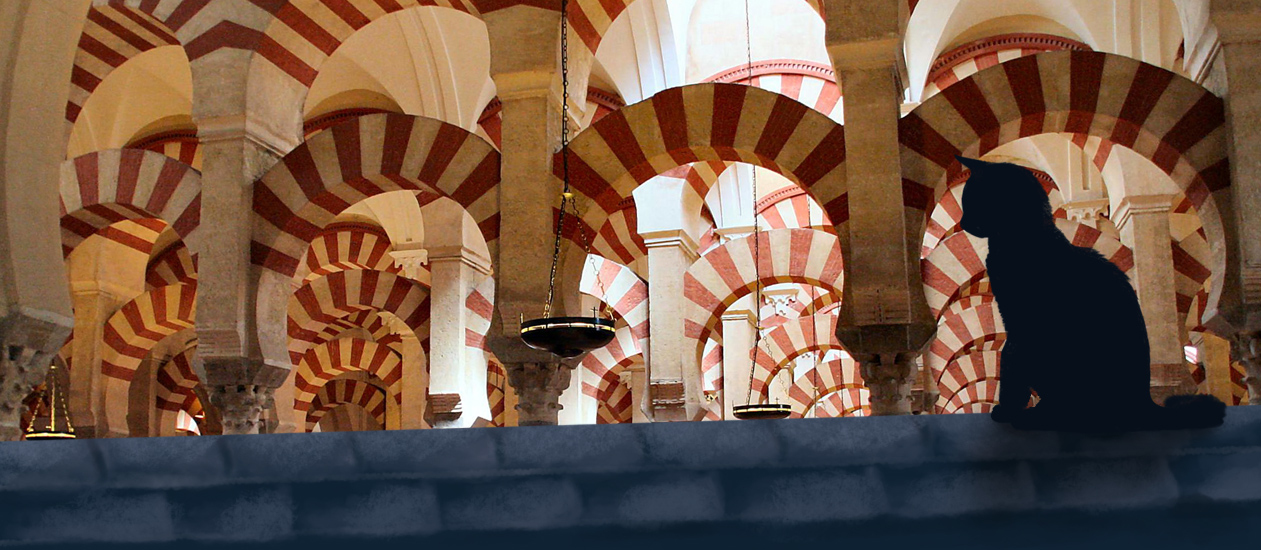Al-Andalus
The only Muslim kingdom in Europe. Al-Andalus takes up the southern portion of the Iberian peninsula. It was originally part of the Umayyad Caliphate, but is now an independent nation and a major player on the European and North African scene. Though they are the odd duck in the European political scheme, other nations can't afford to make them enemies thanks to their powerful control of the Strait of Gibraltar and ties to the Turkish Empire.
History
Our World History
This region in the Iberian Peninsula came under Muslim control during the conquests of the Umayyad Calpihate. In the beginning, Al-Andalus was a province within the Umayyad empire. In 756, it broke away from the empire after the Umayyads were replaced by Abbasids, whereupon it became the Emirate of Córdoba.The emirate ruled the region for the next two centuries, with borders in flux from ongoing disputes with Christian kingdoms to the north. The power of the emirate gradually declined until 929, when Abd-ar-Rahman III declared himself caliph.
The new Caliphate of Córdoba flourished and became an international centre for science, medicine, and mathematics. Caliph Al-Hakim II, who took control in 961, was renowned for making peace with the northern Christian kingdoms, being a great patron of science and the arts, and pushing for the development of irrigation technology to increase agricultural output.
Diverged History
The renowned surgeon Al-Zahrawi was based out of Córdoba when he invented pathstones. Al-Hakam was enamoured with the new technology, which featured in all subsequent economic development projects he supported. Al-Hakam remained healthy into old age. His son, Hisham II, grew up in his father's court and was well prepared to continue his father's legacy when Al-Hakam passed away at the age of 81. The caliphate continued to prosper for the next several centuries. The caliphate eventually fell to the Marinid Sultanate in 1341. A Berber power, under their rule the formerly ruling class Arabs became second to the Berber citizens. The rule of the Marinids lasted about 100 years, until an Andalusi general led a revolt against them in 1462, taking advantage of the political turmoil and financial crisis already besetting the sultanate. They seized Gibraltar and the general, Al-Qasim, installed himself as emir of the new Emirate of Al-Andalus. Al-Andalus continued to periodically war with its northern neighbours over the next few centuries, with the borders in frequent flux.Demography and Population
The biggest social divide among Andalusi is religious, not ethnic. The three main groups in the emirate are Muslims, Christians, and Jews.
Muslims make up approximately 85% of the population. The Muslim group consists of Arabs, Berbers, and Muladies. The number of people identifying as Muladies has decreased over the years and is now a small minority, as after so many centuries of Arab rule and intermarriage the majority of them identify purely as Arab.
Historically, the Arab majority imposed strict segregation and discriminatory policies. The social status of the groups was, in descending order, Arabs, Berbers, Muladies, Christians, and Jews, with non-Muslims forced to pay a tax. When the Emirate of al-Andalus was born in the 15th century, the strict laws dividing the Muslim groups were abolished due to the century of Berber rule creating a large class of Andalusi Berber elites. However, Christians and Jews were still oppressed.
The laws oppressing Christians and Jews were finally abolished in 1689.
Today, there are no laws restricting which neighbourhoods the different groups can legally live in, but historic neighbourhoods remain and it is still uncommon to see neighbourhoods with multiple ethnic groups living side by side. The majority of wealthy elites are Arabs or Berbers.



